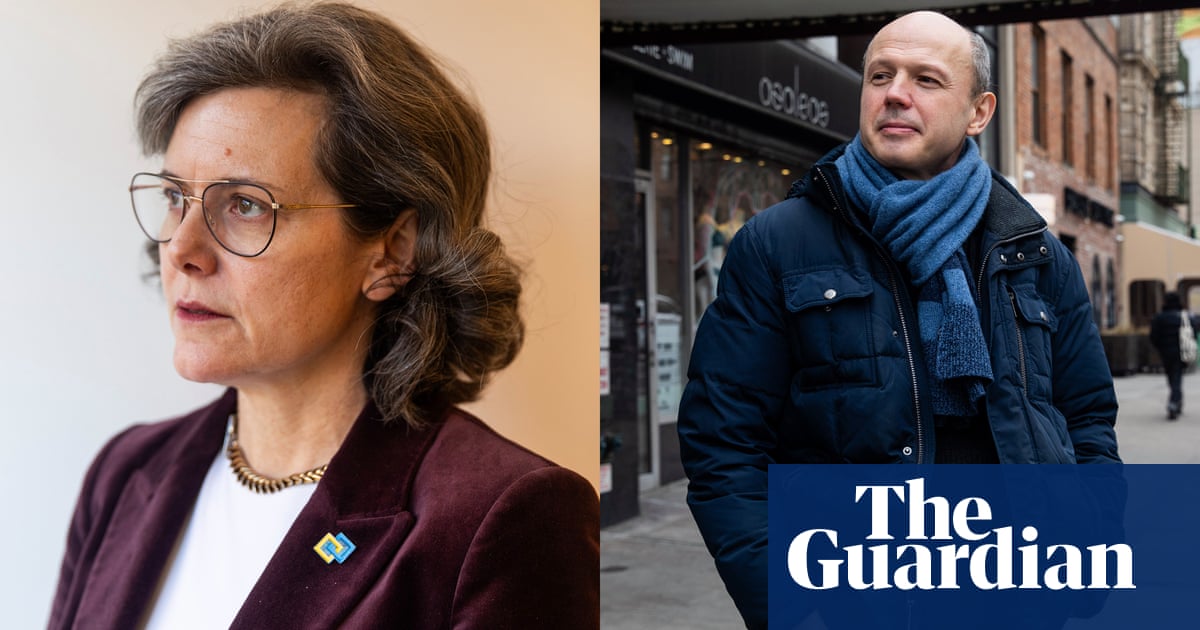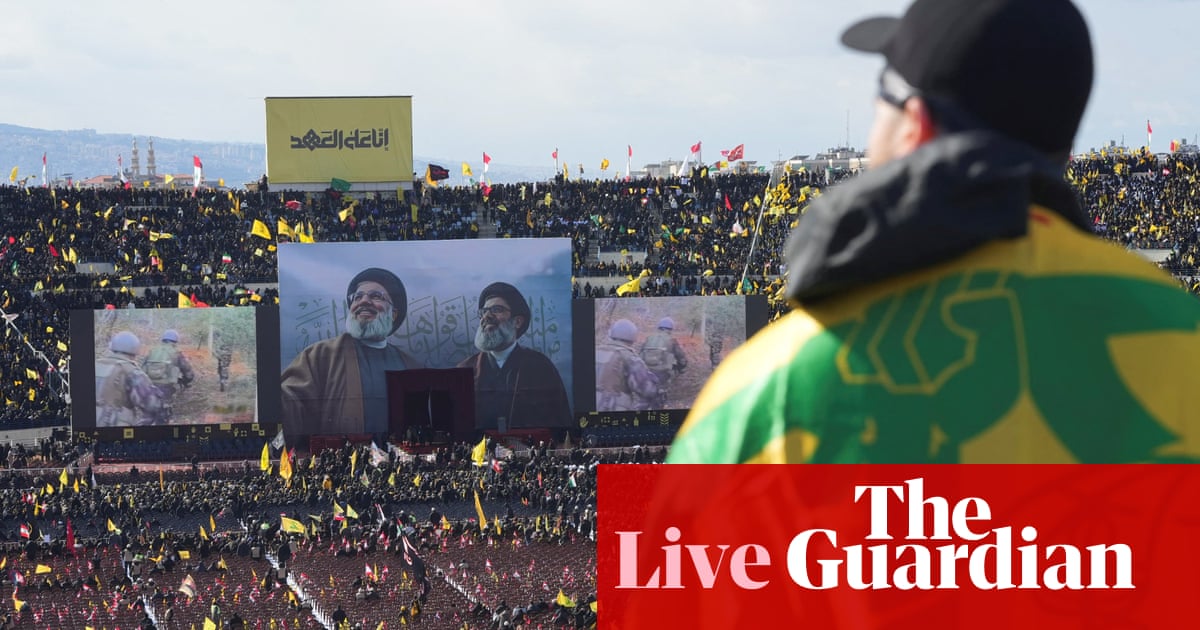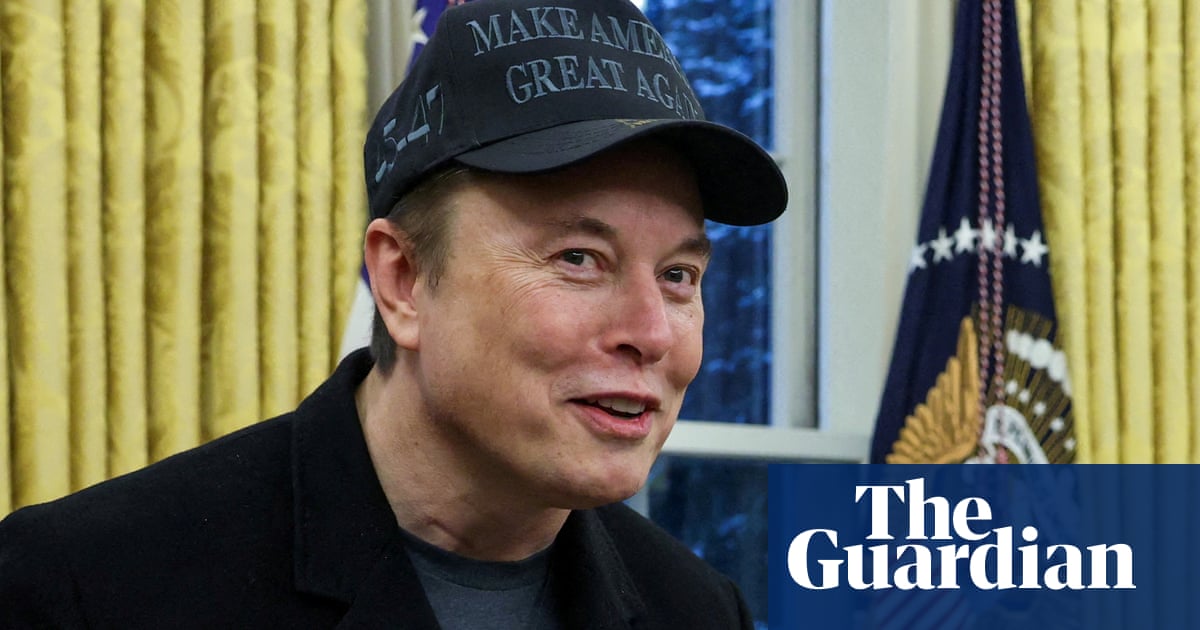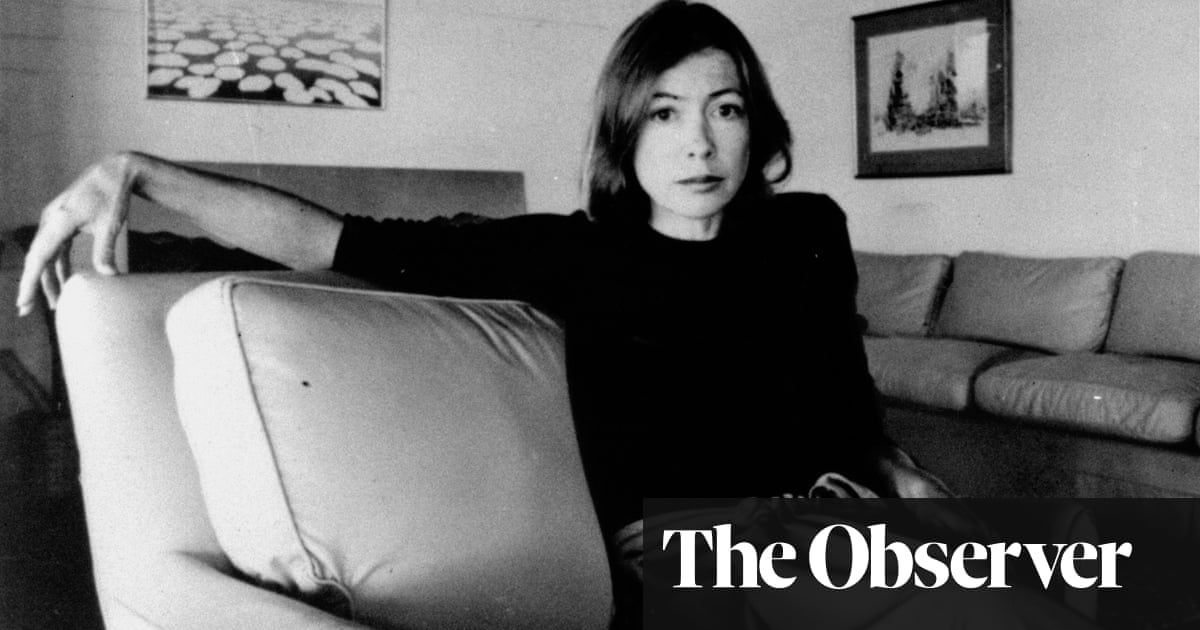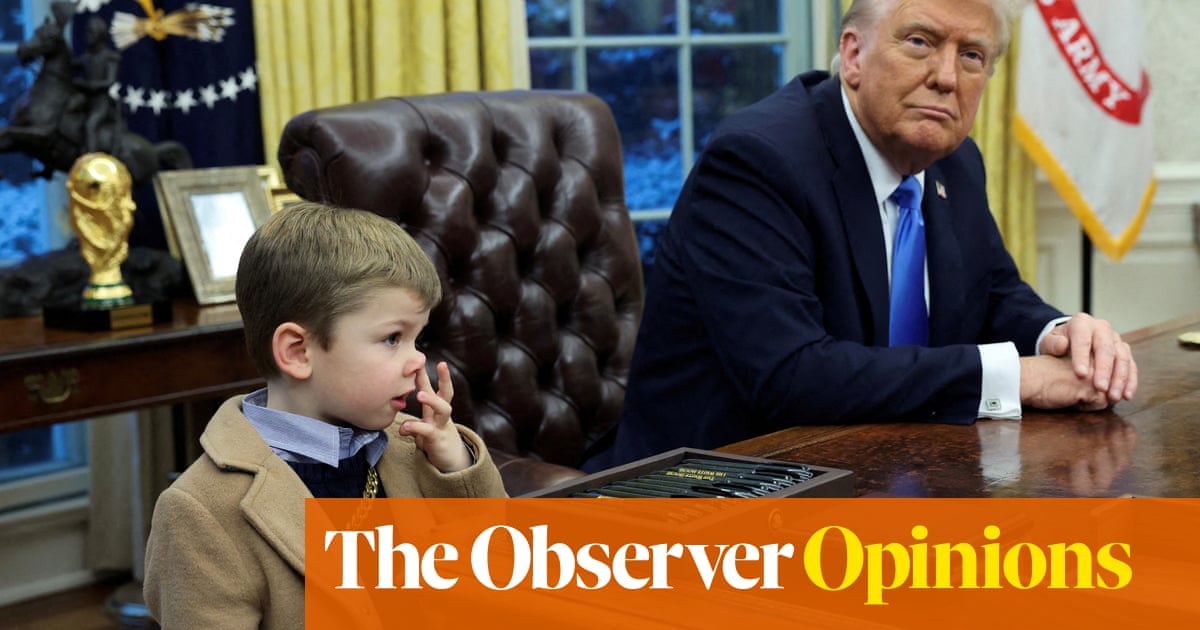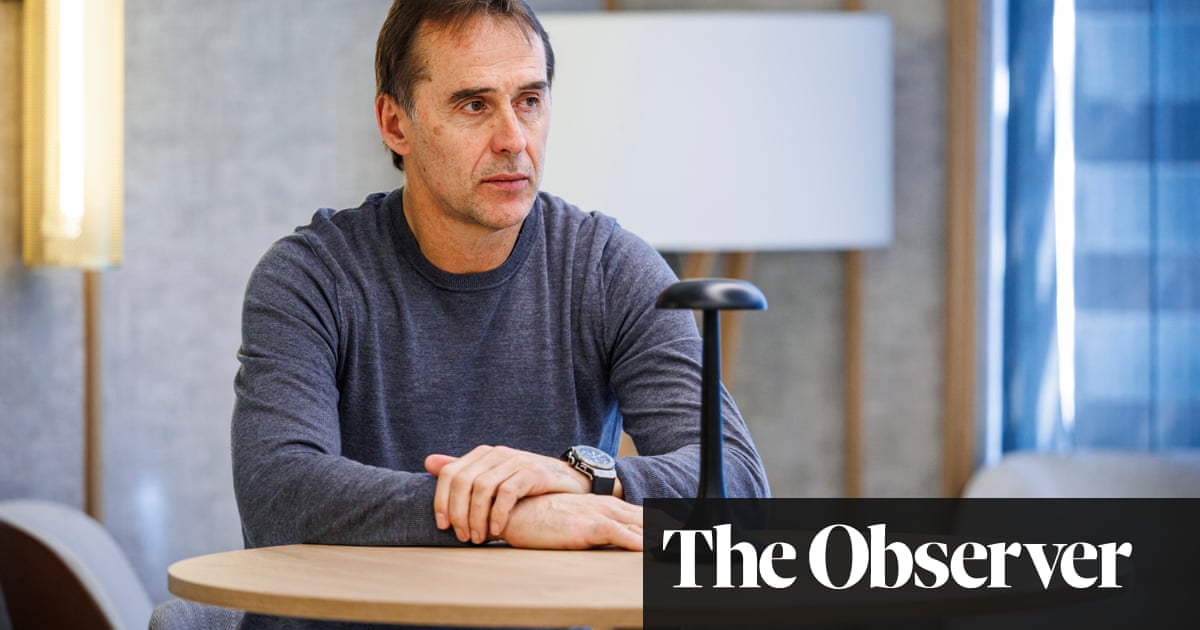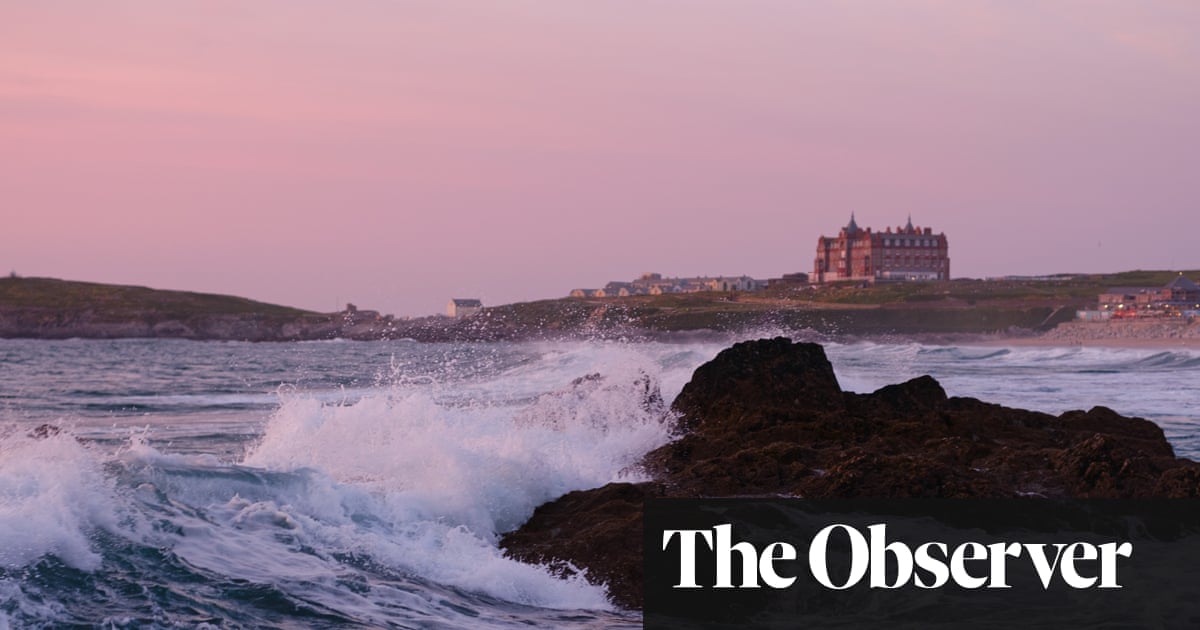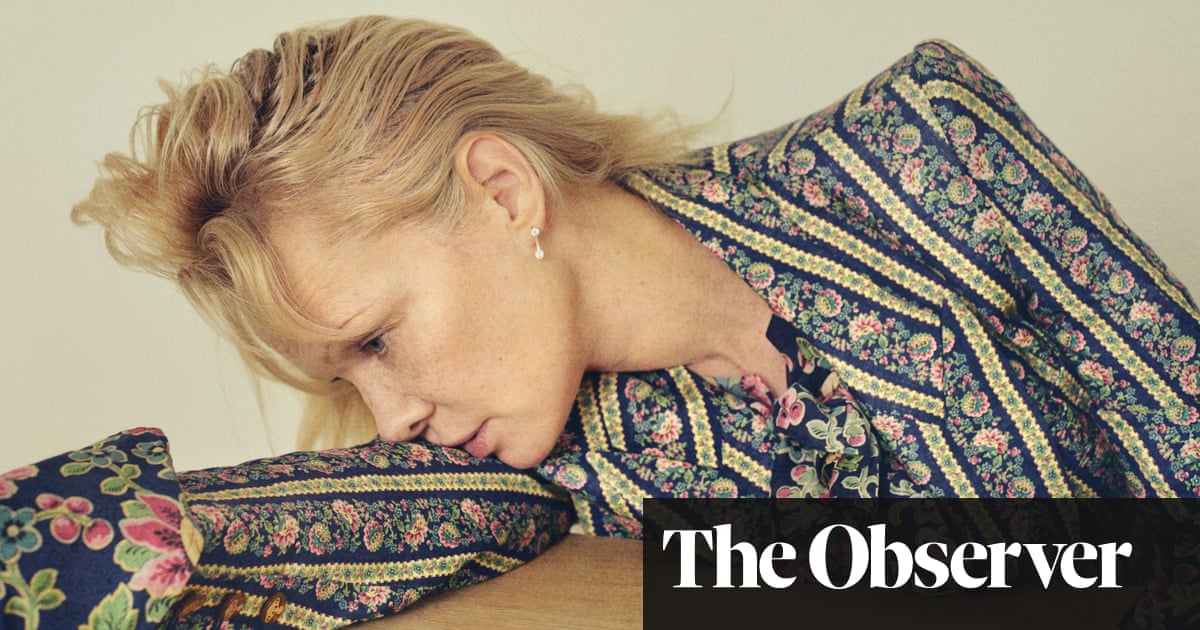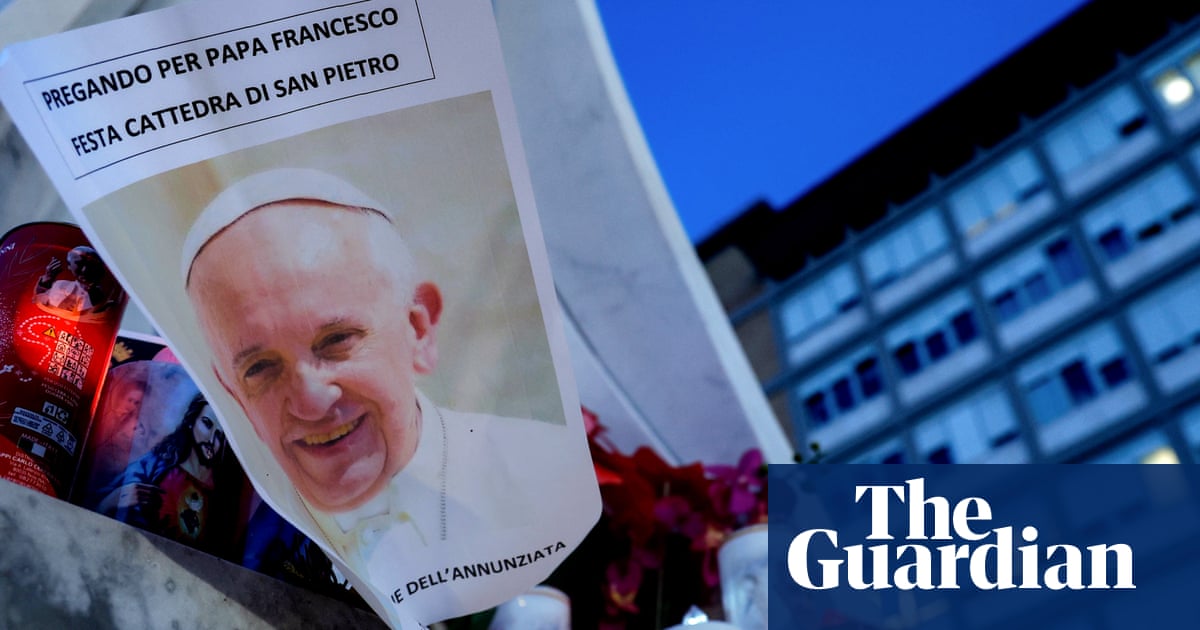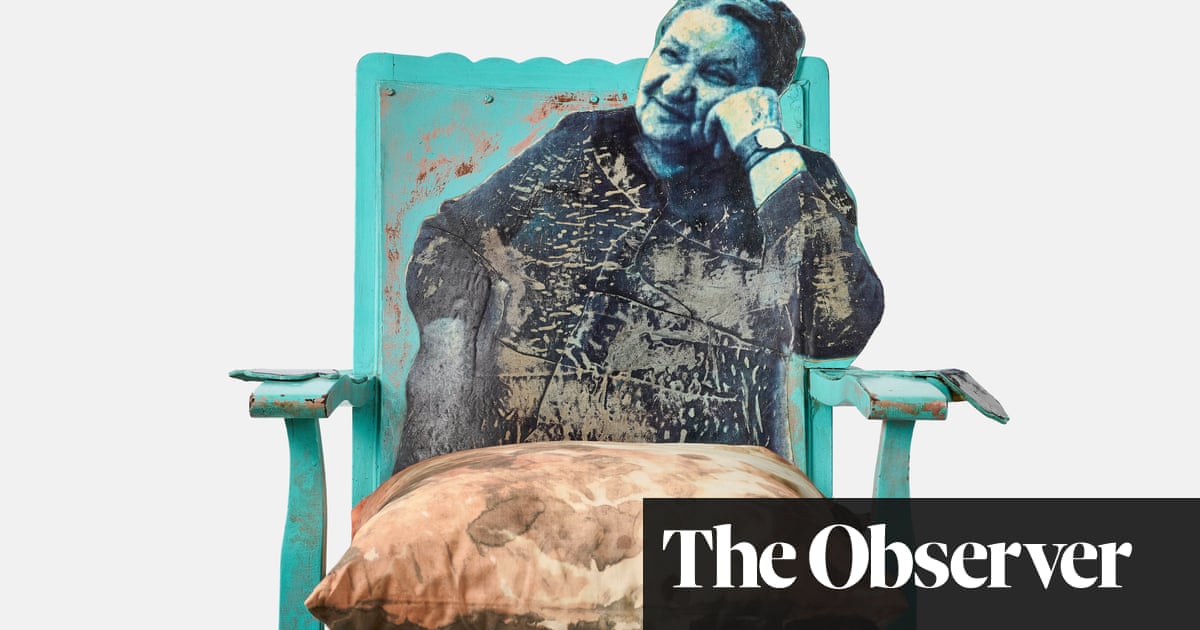The world must stand behind a historic resolution made last year to “transition away from fossil fuels”, the United Arab Emirates has said, in a powerful intervention into a damaging row over climate action.
The petrostate’s stance came as a sharp rebuke to its neighbour and close ally Saudi Arabia, which had been trying to unpick the global commitment at UN climate talks in Azerbaijan this week.
Last year, the UAE hosted a vital summit on the climate, Cop28, of which the commitment to transition away from fossil fuels was a key outcome. It marked the first time in 30 years of near-annual climate meetings that the issue had been directly addressed.
The requirement was contained in a document called the UAE Consensus. A UAE spokesperson told the Guardian: “The UAE Consensus is the culmination of an intense set of negotiations that proved the value of multilateralism.
“As a Cop decision, it is by definition unanimous. All parties must honour what they agreed. They must now focus on implementation by providing the means to take it forward with a robust NCQG [new collective quantified goal on climate finance]. We urge all parties to focus on this outcome.”
At this year’s talks, Cop29, Saudi Arabia and its allies have been attempting to roll back this commitment. They tried to sideline the discussion of the phaseout of fossil fuels into a separate track of the talks, under finance, and refused to allow the commitment to be included in crucial texts.
Experts on the talks told the Guardian privately that the UAE intervention against its close ally and “brother nation” Saudi Arabia was highly significant.
After Cop28, UAE instituted a “troika” system for UN Cops, whereby the three countries that were the current, immediate past and next hosts agreed to cooperate to try to ensure the talks run smoothly.
Saudi Arabia has been highly obstructive at these talks, according to insiders in the negotiating rooms. A spokesperson for the country told a plenary session of the Cop – which stands for “conference of the parties” under the 1992 UN Framework Convention on Climate Change – that Saudi Arabia would “not accept any text that targets any specific sectors, including fossil fuels”.
That comment prompted Catherine McKenna, a former climate minister for Canada and chair of the UN group on net zero emissions commitments, to write on social media: “I am so sick of Saudi Arabia’s opposition to any suggestion of a transition away from fossil fuels. We are in a fossil fuel climate crisis. Please go hard everyone at #Cop29 and get it done.”
after newsletter promotion
Cop29 in Azerbaijan is entering its final hours. As well as reaffirming the transition away from fossil fuels, the summit is supposed to produce a new global settlement on climate finance, to channel funds of at least $1tn a year to developing countries, to help them cut greenhouse gas emissions and cope with the impact of extreme weather.
But the conference has been mired in bitter rows. Developed countries have yet to confirm how much climate finance they will contribute to the “new collective quantified goal” from their own budgets, and how much of the remainder of the expected $1tn or more would have to be made up from private sector investment.
Developing countries want most of the money to come from public funds, and to take the form of grants rather than loans.
Mary Robinson, the former president of Ireland, who was also twice a UN climate envoy, told the Guardian poor countries might have to compromise on a figure of $300bn that was likely to be offered from the budgets of developed countries and from multilateral development banks such as the World Bank.

 3 months ago
53
3 months ago
53

